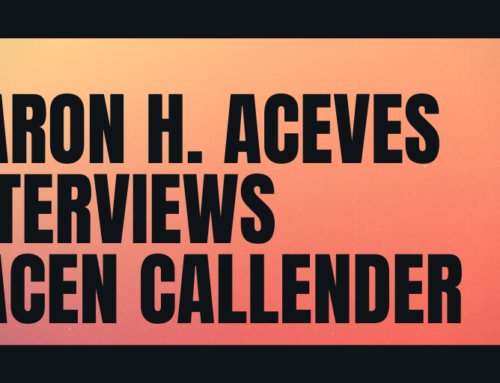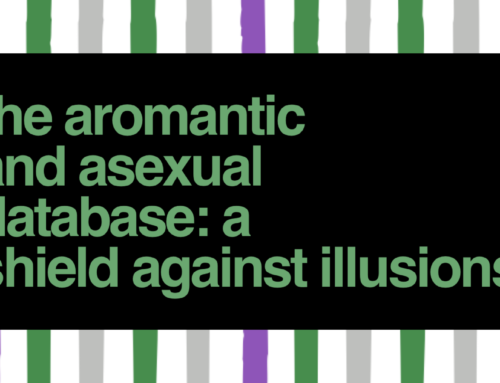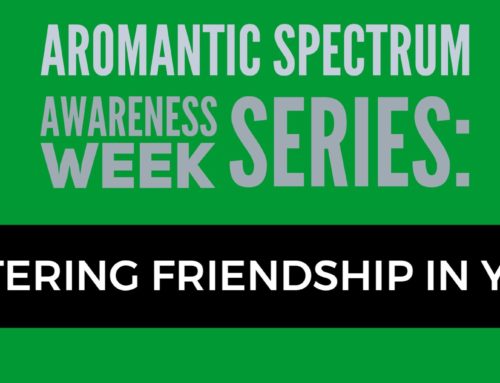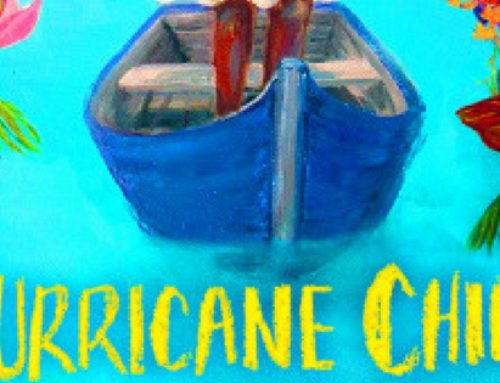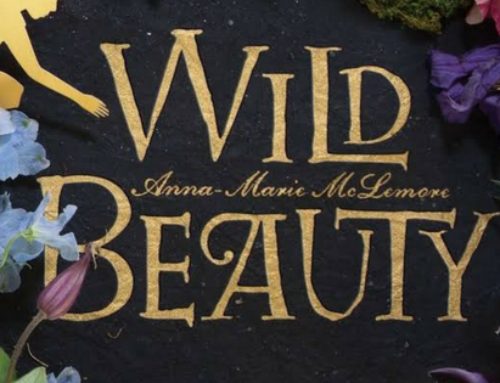Trans Awareness Week Series: Day #5
Previous Posts: How the Fox Became by Fox Benwell Interview: Alex Gino, The Room Where it Happens by Parrish Turner, Trans Stories Are Human Stories by April Daniels, Center Trans Voices: Introduction to Trans Awareness Week Series by Vee S.)
by Kyle Lukoff
ARE YOU:
- An elementary school librarian
- A resident of the United States of America
- A transsexual (you can also prefer the words trans or transgender or whatever, but I really enjoy the word transsexual) (also I suppose I should limit this to men/masculine-spectrum people but it’s not necessary I guess)
- Possessed of some muscles
If so, I want to arm-wrestle you. I’ve joked to my friends that I’m the most muscular transsexual elementary school librarian in the country, but I don’t know for sure. Let’s find out.
Honestly, I’m not really that buff. I go to the gym sometimes, and that’s about it. But I don’t know any other trans people who are librarians at elementary schools, so the competition is relatively low. Which is my favorite kind of competition, especially with regards to physical prowess.
Why did I start thinking about this in the first place? Well, it’s a very strange moment to be a trans person involved in kid lit and librarianship. Sometimes it seems like because I’m not the first trans person to __________, or the only trans person to ___________, I’m not interesting enough to contribute. I’m not the shiny new thing, I’m just a grouchy thirtysomething white man with thinning hair and laugh lines. I’m not very active on Twitter, and it would be silly to post a photo saying “This is me 3,615 days on testosterone” and wait for the compliments to roll in (okay, that might actually work, but still. I would never). I’ve worked in bookstores and libraries for over half my life, and have been involved in trans activism since 2004, but none of that seems to count for very much right now in this climate of hot takes and rapid-fire responses.
 It’s frustrating to feel preemptively invalidated because there are only a few trans people lending our voices on trans representation in books for children and young adults, and also about larger representation in a literary culture. Of course, in addition to being middle-aged in trans years and grumpy about it, I, like everyone, exist within a tangled network of privilege and oppression. I want to take up precisely as much space as I should, which is not very much. However, among that already small number, there are even fewer of us who have been enough years to have a long-standing, interconnected, complex view of a multitude of issues beyond highly publicized aspects of our realities, like medical transition and the failures of gender-binarist public restrooms (hi, fellow decatranses and beyond!). But trans people don’t stop being trans after those first few heady years, and a literary culture that focuses solely upon them will miss out on a lot of possibilities for depth.
It’s frustrating to feel preemptively invalidated because there are only a few trans people lending our voices on trans representation in books for children and young adults, and also about larger representation in a literary culture. Of course, in addition to being middle-aged in trans years and grumpy about it, I, like everyone, exist within a tangled network of privilege and oppression. I want to take up precisely as much space as I should, which is not very much. However, among that already small number, there are even fewer of us who have been enough years to have a long-standing, interconnected, complex view of a multitude of issues beyond highly publicized aspects of our realities, like medical transition and the failures of gender-binarist public restrooms (hi, fellow decatranses and beyond!). But trans people don’t stop being trans after those first few heady years, and a literary culture that focuses solely upon them will miss out on a lot of possibilities for depth.
Trans literature has been locked into a superlative mindset. Since there are still so few books about trans people, and even fewer books by trans people, it’s still possible to market them as being the first or only of their kind. And, considering how overwhelmingly white kidlit is, there are still so many “firsts” that haven’t even happened yet. I can finally name a few trans authors getting mainstream attention, but those advances are not yet de-centering whiteness, or other more marginalized identities aside from gender. Publishing a homogenous cluster of trans people won’t help with that, and will continue to reproduce and reinforce racism and other oppressions within this literary culture.
Furthermore, when trans authors and stories are recognized only for whatever ground they break, it means that the focus is laser-sharp on one person, one voice, one experience, one identity. It means that the messy horde of us, the sprawling swath of people who live within the contested category of “trans” are being represented (or, let’s be clear, not being represented) only by authors or protagonists found acceptable enough within the existing strictures of white supremacy, cissexism, ableism, so many intersections that traffic lights would just be a nuisance.
I was working at a bookstore when a young person asked me if I could help them find a specific book. “It’s about this girl, and she likes this guy, but there are, like, all these problems?” I tried not to laugh, and said that that description could span titles from ancient texts to Romeo and Juliet up to…well, look at young adult fiction. And yet that story can be told over and over again, with nuance and beauty or embarrassingly satisfying schlock.
There are so few books about trans people, and even fewer by trans people, but I’m already hearing well-meaning cis allies dismiss newer titles by saying, “I’ve seen this kind of story before.” This is infuriating. When trans stories and authors receive acclaim on the basis of being the youngest, or the first, or the only, it means that trans people are reduced to our novelty. It says that we are interesting as an anomaly, but not real enough to be allowed the beauty and nuance and complexity (or feel-good cheesiness) that quotidian romance stories are allowed. Trans stories are not allowed to be art, in all its difficult glory; they are reduced to a message.
There is so much untapped potential in trans literature, something that is neither an uninspired rehash of coming out, or a space opera where one character “just happens to be transgender” “because why not.” But what makes trans stories interesting? That could be a question that doesn’t even need to be asked. But I have some answers anyway, because it’s interesting to consider critically. Of course, I have to wait until January, when I’m no longer serving on the Stonewall youth awards committee–jurors are forbidden to publicly discuss or review titles that are currently eligible for that award, and a comprehensive article would have to include recent releases. But look for it in a few months! For now, let’s leave with this question: what can trans literature look like? And in what ways is it being limited even as the market is growing? Acknowledging our existence and our humanity is a starting place, not an end point. And literature is one way to continue the exploration of what trans identities mean in the world.
—
